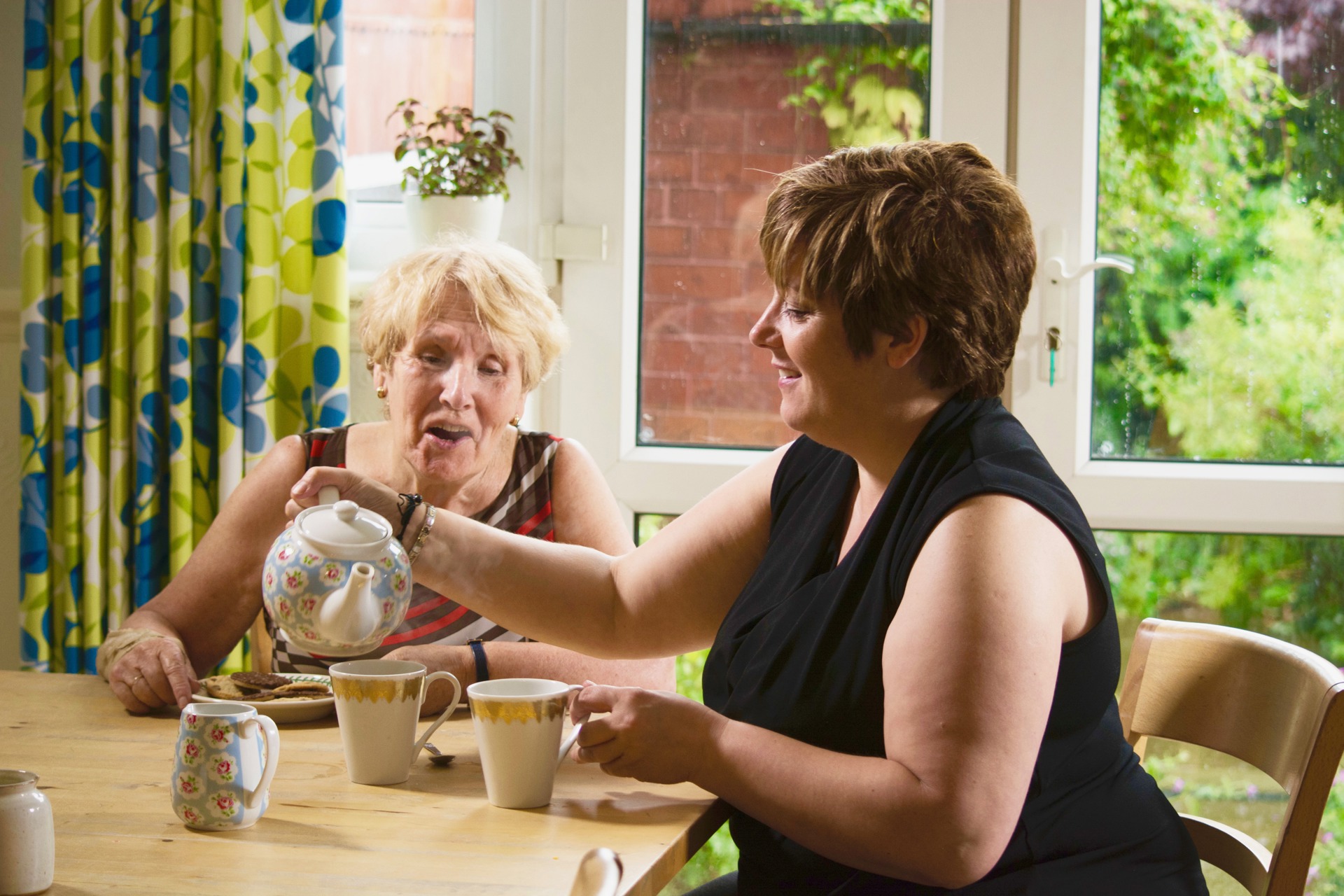When is it a good time to consider care for an elderly loved one?
Published: 21/12/2023
Introducing a loved one to homecare is a significant decision that often involves careful consideration of their health and well-being. The ideal time to initiate homecare varies based on individual circumstances, but there are several key indicators that may signal it's time to explore this option.
Firstly, monitor changes in your loved one's physical health. If they experience difficulties with daily activities such as bathing, dressing, or meal preparation, homecare can provide essential assistance. Additionally, an increase in falls or accidents may suggest that extra support is necessary.
Cognitive decline is another crucial factor. If your loved one is facing challenges with memory, decision-making, or appears disoriented, it could be time to introduce homecare. Professional caregivers can offer specialised assistance for those dealing with conditions like dementia or Alzheimer's.
Social isolation is a significant concern, especially if your loved one is spending long periods alone. Homecare can provide companionship and help combat loneliness, contributing to improved mental well-being.
Considering the caregiver's own well-being is important too. If you find yourself struggling to meet the demands of caregiving or if your loved one's needs surpass your capabilities, seeking professional assistance becomes essential.
In conclusion, the best time to introduce a loved one to homecare is when their physical or cognitive health requires additional support, or when social isolation becomes a concern. Being proactive in recognizing these signs can lead to a smoother transition, enhancing the quality of life for both the individual and their caregiver.

Introducing a loved one to homecare is a significant decision that often involves careful consideration of their health and well-being. The ideal time to initiate homecare varies based on individual circumstances, but there are several key indicators that may signal it's time to explore this option.
Firstly, monitor changes in your loved one's physical health. If they experience difficulties with daily activities such as bathing, dressing, or meal preparation, homecare can provide essential assistance. Additionally, an increase in falls or accidents may suggest that extra support is necessary.
Cognitive decline is another crucial factor. If your loved one is facing challenges with memory, decision-making, or appears disoriented, it could be time to introduce homecare. Professional caregivers can offer specialised assistance for those dealing with conditions like dementia or Alzheimer's.
Social isolation is a significant concern, especially if your loved one is spending long periods alone. Homecare can provide companionship and help combat loneliness, contributing to improved mental well-being.
Considering the caregiver's own well-being is important too. If you find yourself struggling to meet the demands of caregiving or if your loved one's needs surpass your capabilities, seeking professional assistance becomes essential.
In conclusion, the best time to introduce a loved one to homecare is when their physical or cognitive health requires additional support, or when social isolation becomes a concern. Being proactive in recognizing these signs can lead to a smoother transition, enhancing the quality of life for both the individual and their caregiver.
